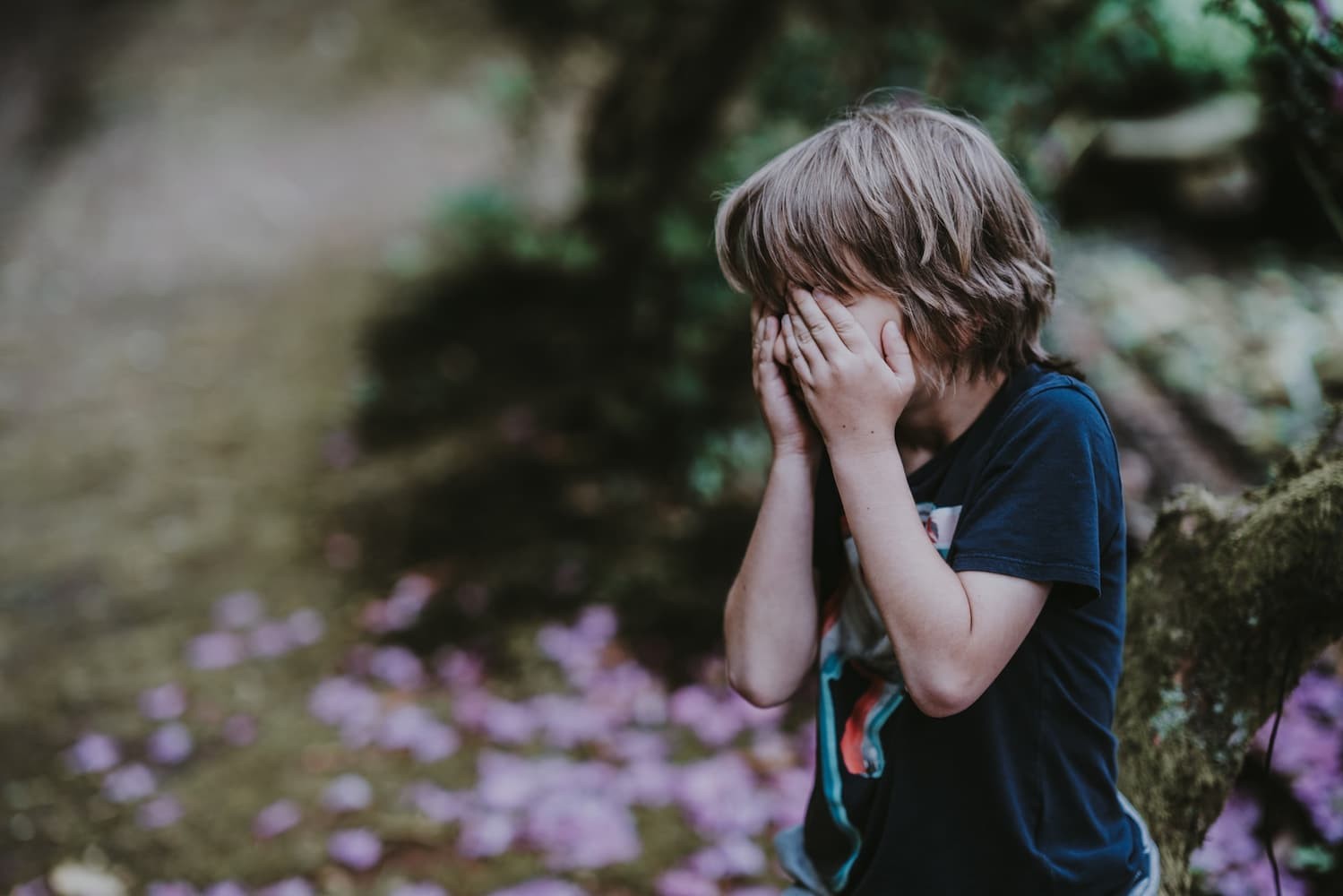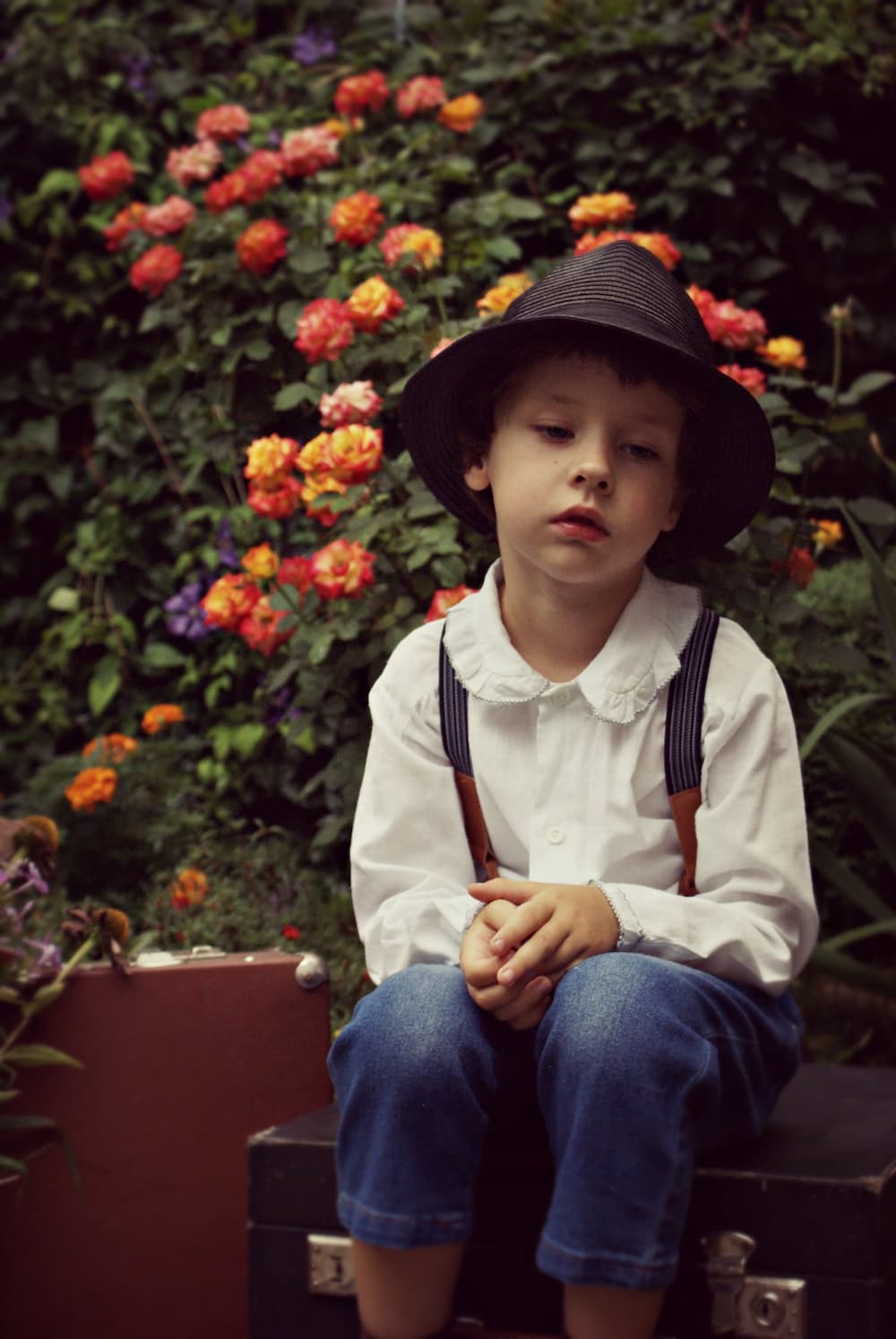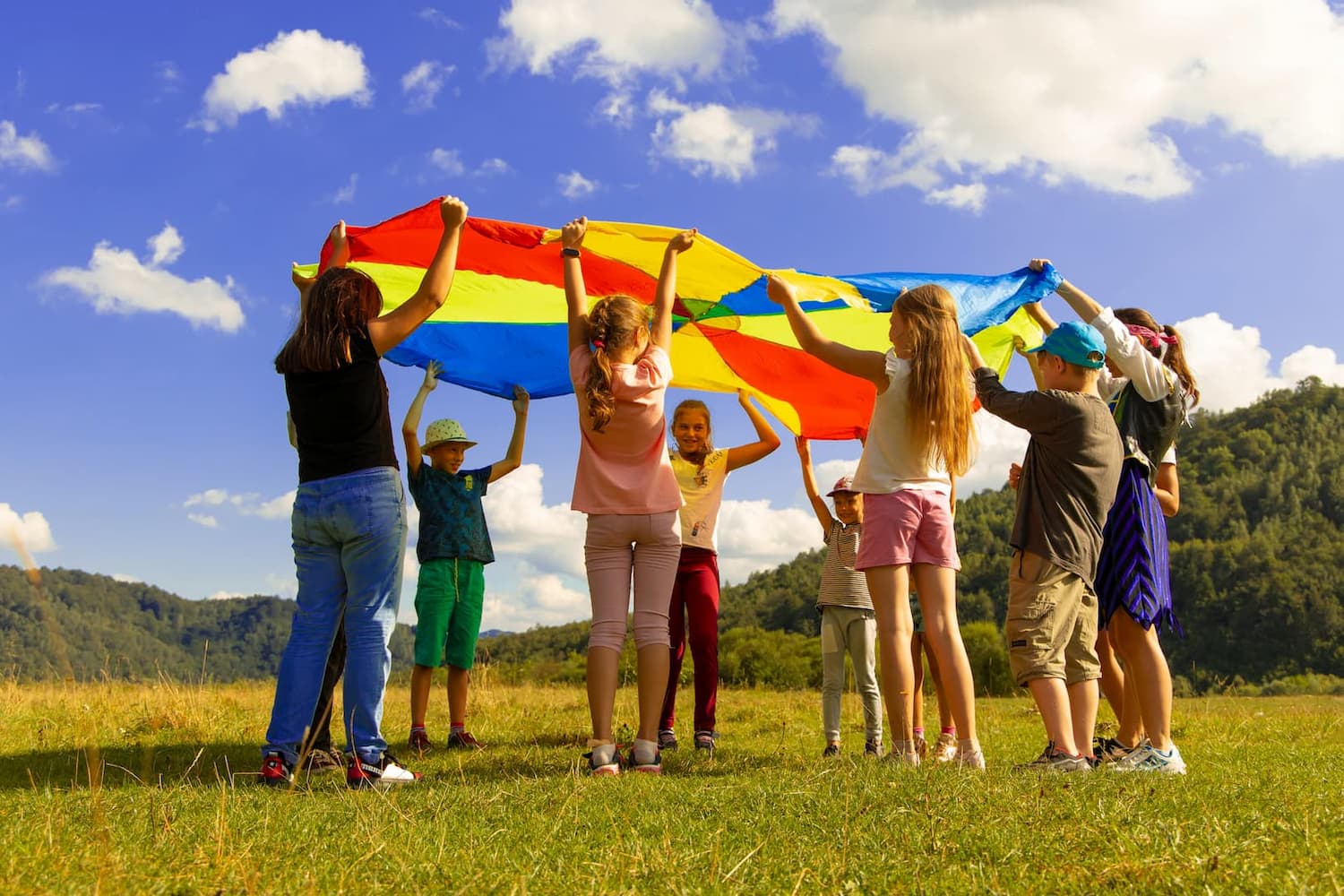
Ever wondered why some children are fearful, distant, aggressive, extremely quiet, or suffer from nightmares or psychiatric disorders? These are some indicators of childhood trauma. Children rely on their parents, as well as other household members, for love, care and protection. When they are subjected to a situation that causes them physical or emotional pain, whether directly or not, they lose their sense of security and develop feelings of alienation, fear and uncertainty.
This article will help you understand the causes of childhood trauma and what an adult can do to facilitate the healing of a child who has suffered a traumatic experience.
What are the Effects of Unresolved Childhood Trauma?
Adverse childhood experiences can have immeasurable effects on a person's mental, emotional and physical health, leading to a slew of health conditions, including mental health problems and emotional distress. If not addressed properly, these can even lead to a violent nature or victim mentality. This explains why some people take pleasure in hurting others, while there are those who would always blame their situation on everyone else except themselves.
The reactions to trauma are varied, especially among children, as these depend on the level of support that one gets from their immediate family members or caregivers after a traumatic event. For example, one child may have recovered from their trauma from injections two years after their first immunization, but it's not fair to say that other children will recover as quickly.
If the physical reactions of traumatized children start affecting their studies, physical health and behaviour towards themselves and others, they may be suffering from child traumatic stress. Children who have suffered the effects of trauma more than once before the age of 18 are more likely to suffer from this condition. Common traumatic stress symptoms include:

- Depressive symptoms
- Separation anxiety
- Fearful
- Bedwetting
- Difficulty concentrating
- Learning difficulties
- Nightmares
- Sleeping or eating disorders
- Jumpy
- Retelling of a disturbing event
- Emotional dysregulation
- Substance use disorder
What Events are Traumatizing to a Child?
The effects of traumatic events vary in the degree of their impact on a person's mind, body, emotions, spirit, social wellbeing and behaviour. For instance, the impact of losing a friend or loved one in a vehicular accident may be greater than that of sustaining a broken arm from the accident but waking up in hospital and finding out that everyone in the car had survived. However, if the child is an aspiring football player and loses both his legs in the accident, the impact of trauma would, of course, be more serious.
According to research, the list below comprises common traumatic events that can leave a deep scar in children, but this list does not in any way discount other forms of trauma:
- Abandonment
- Bullying
- Sexual abuse
- Emotional abuse
- Domestic violence
- Neglect
- Separation of parents of divorce
- Medical trauma
- Physical abuse
- Witnessing the abuse or death of a loved one
- War or terrorism
- Community violence
How is Childhood Trauma Treated?
Exposure to trauma changes a child's perspective on life but in different ways. Take for instance a young adult male who was a victim of child abuse before being moved to foster care, where he remained until his adolescence. Because he only received the bare essentials while in foster care, such as food, clothing and shelter, with little to no emotional support, he has difficulty showing empathy to others now that he's a full-grown man and starting a life of his own. What's more, he could be overly protective of himself to avoid appearing vulnerable to others.
On the other hand, a young lady who was a victim of childhood sexual abuse in her own home, found renewed love in the care of her foster parents and, despite her bad history of trauma, grew up to be an empathetic, compassionate and understanding individual.
It only goes to show that the negative impacts of trauma can be shifted regardless of the child's traumatic experiences. Parents or caregivers of traumatized children can get them on the road to recovery by working closely with mental health professionals who specialise in trauma-informed care, which focuses on helping people regain control of their lives and unearth their innate power to overcome their trauma.
Does Childhood Trauma Go Away in Time?

Children are often perceived as capable of moving past the negative effects of childhood trauma as their young minds and bodies experience new things every day. Unfortunately, masking the effects of trauma with new, pleasant experiences will do no good. If left untreated, the traumatic events in their childhood will have a serious impact on their adult lives, not to mention lead to a mental disorder. Research shows a direct correlation between childhood trauma and a host of health issues, including:
- Post-traumatic stress disorder (PTSD)
- Anxiety disorders
- Depression
- Cancer
- Fibromyalgia
- Heart disease
- Obesity
- Dissociative disorders
- Bipolar disorders
- Borderline personality disorder
- Substance abuse
- Stroke
Trauma survivors have mental health services to thank for providing them with the essential emotional regulation skills to overcome pain, fear and the other negative emotional reactions which they developed using the mould of their trauma in childhood. Whether your child is manifesting physical symptoms of chronic trauma or has recently experienced a disturbing event that has changed them 180 degrees, a certified health mental health provider can release them from their ordeal and improve the quality of their life.
Childhood abuse, complex trauma, natural disasters, all these and many others can be ingrained in a child's subconscious mind and influence the way that they live later on. Find a qualified mental health professional in your local area, even children's health specialists through the Natural Therapy Pages to help your child improve their responses to trauma.
|
Do you have a natural health & wellness business? |









